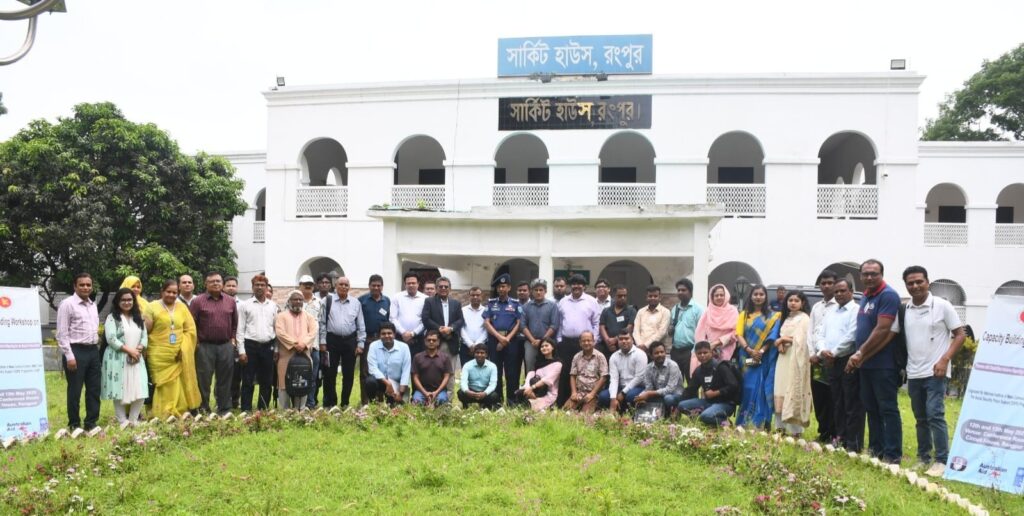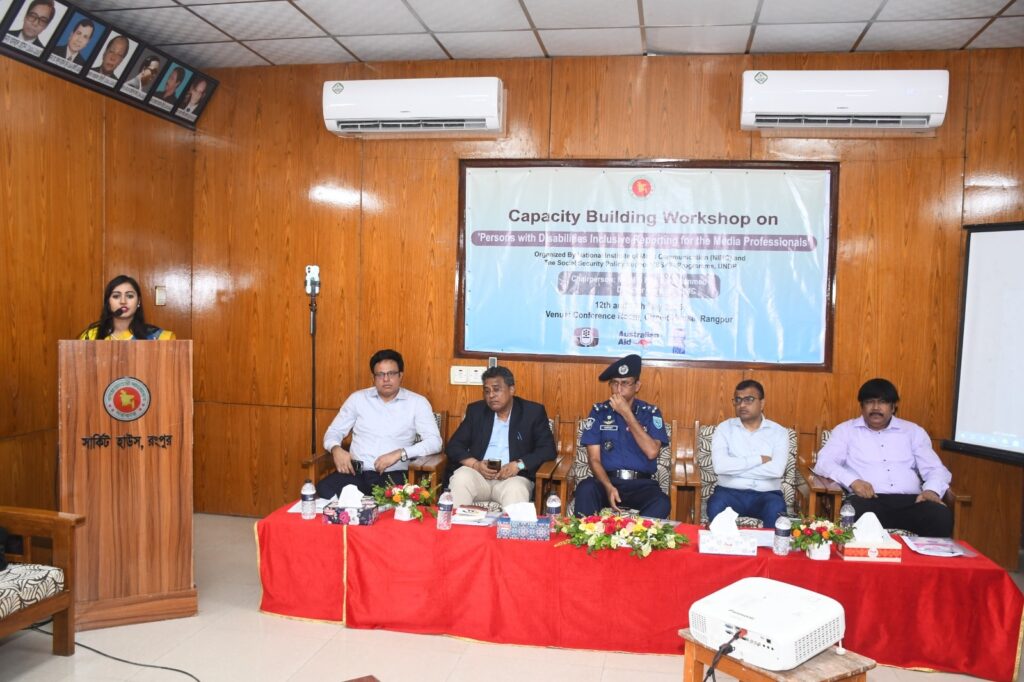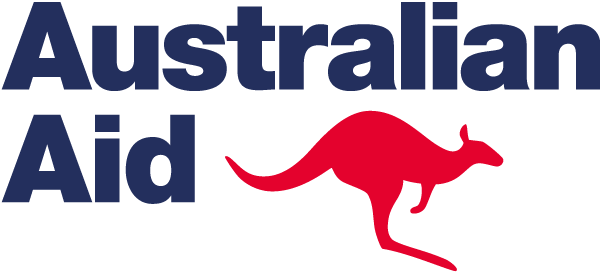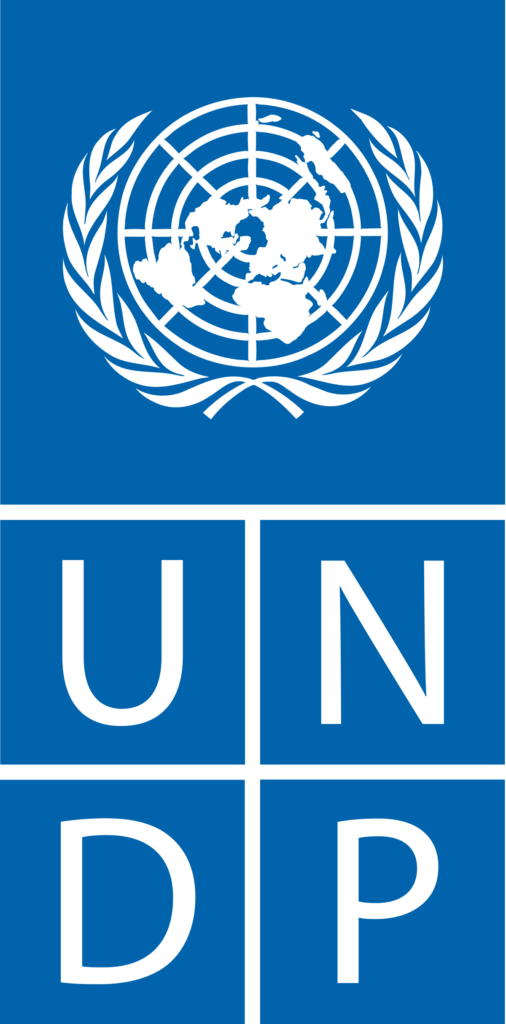
With only five years remaining to achieve the Sustainable Development Goals (SDGs), the commitment to “leave no one behind” is more critical than ever. In Bangladesh, this necessitates taking concrete actions to ensure the inclusion of persons with disabilities—who constitute approximately 10% of the population—across all dimensions of development. The Social Security Policy Support (SSPS) Programme, implemented by the Cabinet Division of the Bangladesh government with support from the United Nations Development Programme (UNDP) and the Australian Government (DFAT), is working towards this goal through its Disability Inclusive Guidance Note.
Tackling Barriers to Inclusion
Although legal frameworks such as the Rights and Protection of Persons with Disabilities Act, 2013, and the National Action Plan 2018 are in place, persons with disabilities in Bangladesh continue to encounter entrenched obstacles. These include restricted access to education, healthcare, and employment, as well as widespread societal stigma.
To address these challenges, UNDP, through the SSPS programme, carried out a Perception Study on persons with disabilities in 2020. The findings highlighted that persons with disabilities are often viewed as a burden or curse and are subjected to significant stigma and lack of public awareness. In response, the SSPS programme has pursued various initiatives, including national symposiums, research efforts, and consultations with Organizations of Persons with Disabilities (OPDs), to promote disability rights.
In October of last year, the programme introduced a Social Protection Framework for persons with disabilities, founded on three core principles: recognizing persons with disabilities as Human Capital, Economic Capital, and Social Capital. This comprehensive research stressed the importance of widespread understanding of disability rights and issues as a prerequisite for ensuring that persons with disabilities are treated with dignity and respect.
Here, the media plays a pivotal role. Effective awareness of the ongoing barriers can only be raised when media professionals are well-informed and accurately educated on disability-related matters.

Partnering with NIMC to Sensitize the Media
Understanding the media’s critical role in shaping public perception and combating stigma, UNDP has joined forces with the National Institute of Mass Communication (NIMC) under the SSPS programme to enhance journalists’ capacities in disability-inclusive reporting. This collaboration began with a workshop held in Dhaka on 29th April to initiate the development of a Media Guideline for disability-inclusive communication. The initiative then moved to Rangpur, where the first pilot Capacity Building Workshop was conducted—marking the launch of a planned series across the country.
The event brought together media professionals, rights advocates, and academic experts to examine the rights of persons with disabilities in the context of the UN Convention on the Rights of Persons with Disabilities (UNCRPD) and the Rights and Protection of Persons with Disabilities Act, 2013.
Training sessions addressed a range of important topics, including the definition and categories of disability, ethical issues in reporting, frequent misrepresentations, and approaches for inclusive communication. Central to the training was the principle of “Nothing about us without us.”
Participants critically assessed how the media portrays persons with disabilities—if at all. Several journalists admitted that coverage tends to focus either on extraordinary achievements or severe hardships, often ignoring the daily realities and contributions of persons with disabilities.
“From birth, persons with disabilities encounter exclusion,” said Labony Yeasmin, a journalist from The Daily Observer, who shared her personal story as the mother of a child with cerebral palsy. “Even basic facilities in schools and hospitals are not designed to meet their needs.”
Workshop facilitators offered guidance on how to report disability-related issues using appropriate terminology and narratives that bring critical concerns to the attention of policymakers.
Reframing the Narrative
The Rangpur workshop underscored the necessity of shifting from charity-oriented narratives to a rights-based approach. Discussions focused on the terminology used in media, the lack of accessible data, and how inclusive storytelling can shape both public awareness and policy decisions. Jewel, a correspondent from Bangla Vision, emphasized, “We must capture the full scope of their lives—not just moments of triumph or tragedy.”
UNDP’s Global Commitment to Disability Rights
At the global level, UNDP remains committed to advancing the rights of persons with disabilities through its Disability Inclusion Strategy, in alignment with the UN Disability Inclusion Strategy and the Convention on the Rights of Persons with Disabilities (CRPD). UNDP continues to support countries in formulating inclusive policies, improving access to public services, and strengthening data systems to improve targeting and monitoring. Through the SSPS Programme, efforts are being made to promote disability-inclusive social protection with the goal of recognizing persons with disabilities as empowered individuals and valuable contributors to national development.
Looking Ahead
A network of twenty-five journalists has already been formed in Rangpur to carry forward the workshop’s objectives. As Bangladesh progresses toward achieving the SDGs, ensuring the inclusion of persons with disabilities remains essential. The collaboration between the SSPS Programme and NIMC marks a meaningful step toward cultivating a media environment that is knowledgeable, inclusive, and empathetic. By equipping journalists to portray authentic and diverse stories, this initiative aspires to transform perceptions and drive meaningful policy change. Persons with disabilities must be viewed not as dependents, but as active and equal members of society. Inclusive storytelling is not merely about representation—it is about justice, dignity, and building a Bangladesh where no one is left behind.





